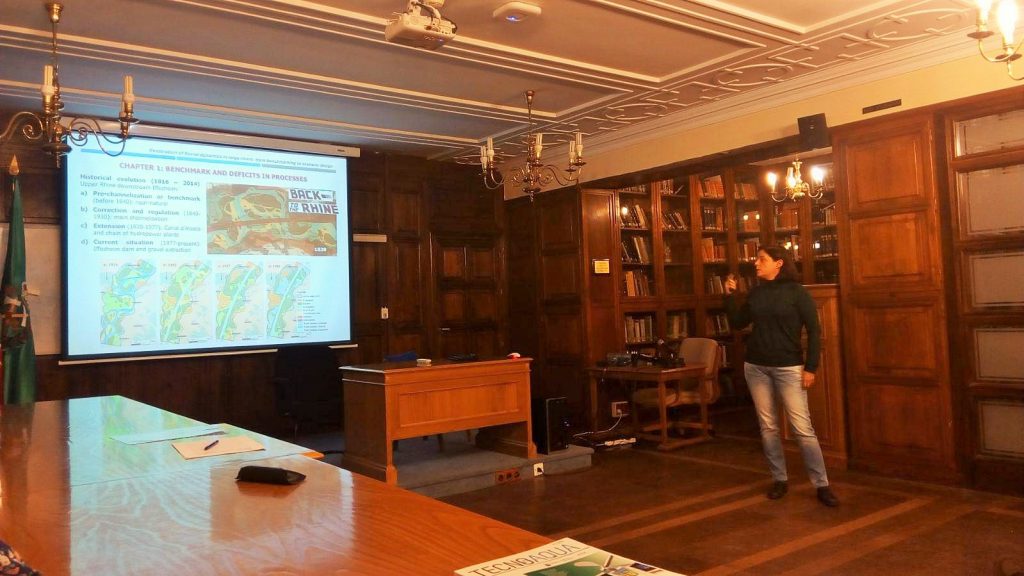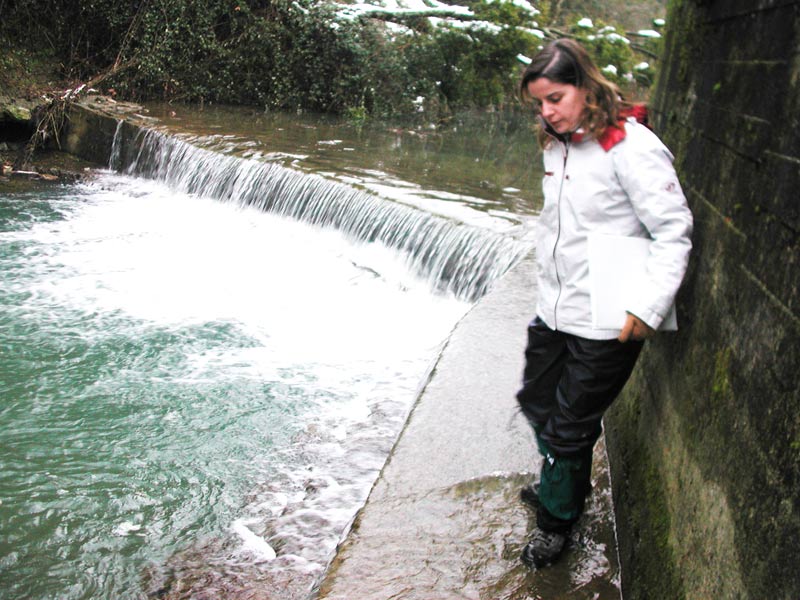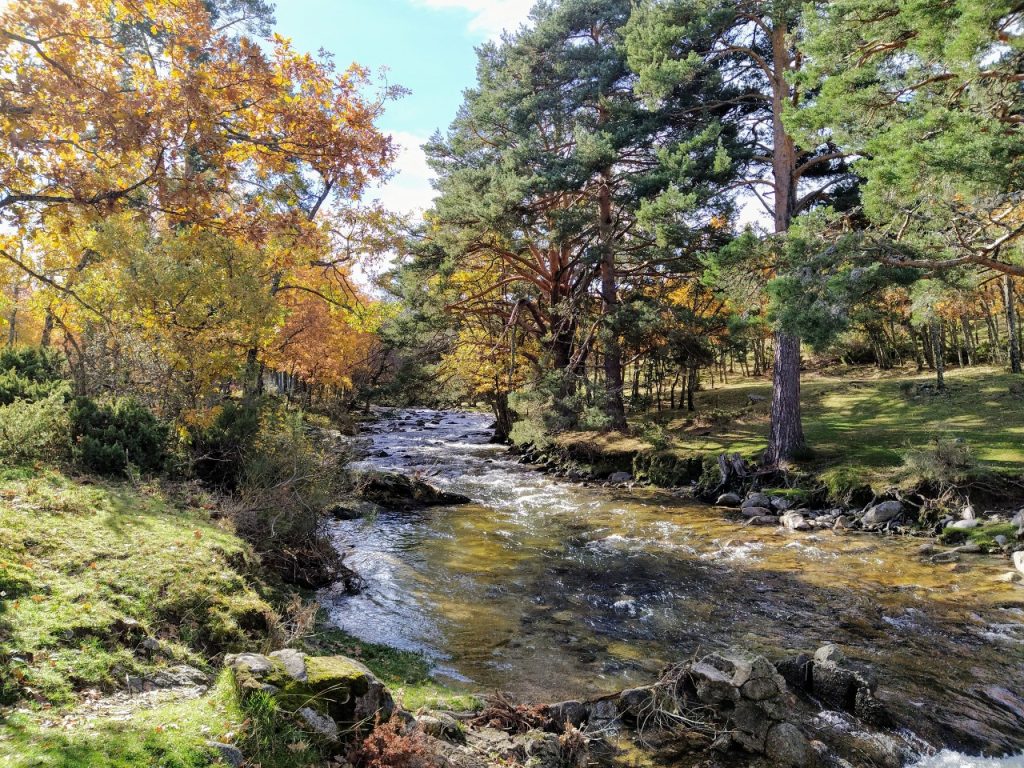PhD River Restoration and Management
A brief overview

María Díaz Redondo’s career has always revolved around river restoration science, developing her scientific understanding, practical expertise and contact networking in the international context, and incorporating new and emerging digital technologies. Her research has always strived for a constant knowledge transfer across all relevant stakeholders and wider public, for a proper link between science and society.
As project manager in her predoctoral stage, she led more than 20 projects, plans and programmes on river and wetland restoration at the local, regional, national and international level. During her PhD in River Management and Restoration (2014-2018), she developed international training and research work, combined with scientific advisory work in Spain. In her postdoctoral stage, she has worked as research officer in Ireland (2018-2019) and as researcher in Spain (2019-present), developing her own research lines.

María’s main line of research is focused on the identification of fluvial benchmarks and biogeomorphic deficits and the proposal of process-based restoration measures with the consideration of human constraints. Her studies pointed to the need for practices conducive to natural river processes with more resilient river systems as an outcome. Such outcomes are consistent with adaptation to climate change and to implementation of relevant EU Directives.
Her work has taken her beyond Spain to a number of other European countries, enabling her to work first-hand on a range of river types and impactors. She has developed an extensive network of contacts with relevant academic, administrative and NGO personnel, essential in a topic that ultimately requires decision-making in regard to project success, financial outlay and public buy-in.
The broad reach of her training and work has required her to develop a fluency in English necessary to write reports and communicate directly with a range of stakeholders.
Her ambition is to continue a multi-stranded approach to her chosen area of expertise and to further broaden and deepen her knowledge and networks as the river restoration field becomes more critical to society in the context of increased flood risk and weather instability.






